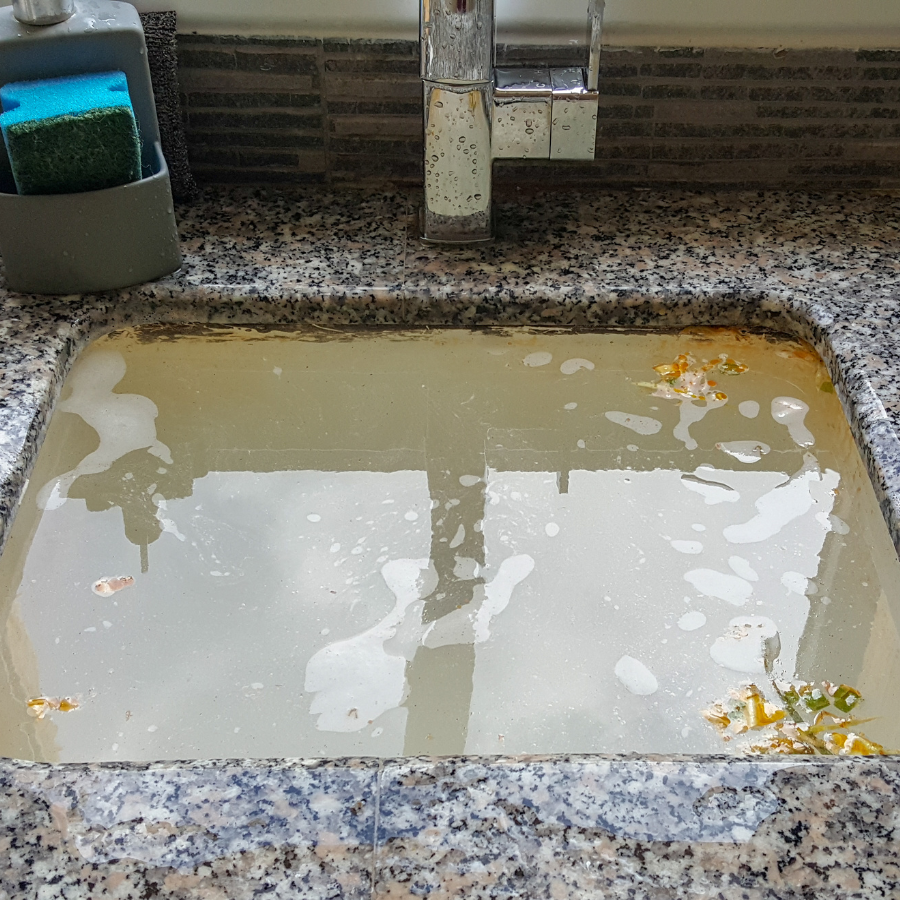- Community
- Parks & Recreation
- Services & Information
- Government
- Departments
- Lehi Fiber
- Pay Utility Bill
- Search

Wastewater
As a homeowner, it’s crucial to have a clear understanding of how your septic system works and how to properly maintain it to ensure the health of your family, the environment, and your community.
What is a Septic System?
A septic system is an underground wastewater treatment system commonly used in areas without centralized sewer systems, like many rural and suburban areas in Lehi City. It consists of a septic tank and a drain field.
How Does it Work?
Septic Tank: Wastewater from your home flows into the septic tank, where solids settle to the bottom forming sludge, and oils and grease float to the top forming scum. Bacteria inside the tank break down the solids, partially treating the wastewater.
Drain Field: The partially treated wastewater flows from the septic tank into the drain field, where it is further treated as it percolates through layers of soil. The soil acts as a natural filter, removing harmful bacteria, viruses, and nutrients before the water reaches the groundwater.
Maintenance Tips
Proper maintenance is key to ensuring your septic system operates efficiently and effectively. Here are some tips:
- Regular Pumping: Schedule regular pumping of your septic tank every 3-5 years to remove accumulated solids and prevent clogs.
- Water Conservation: Reduce water usage to prevent overloading your septic system. Fix leaky faucets and toilets, and avoid excessive water usage, especially during peak times.
- Proper Disposal: Avoid flushing non-biodegradable items such as diapers, wipes, paper towels, and chemicals down the drain. These can clog your system and harm the environment.
- Septic Safe Products: Use septic-safe household products such as toilet paper and cleaning agents to avoid disrupting the natural balance of bacteria in your septic tank.
- Landscaping: Be mindful of where you plant trees and shrubs to prevent roots from invading your drain field and causing damage.
Signs of Trouble
It’s essential to be aware of signs that indicate your septic system may be failing:
- Foul odors around the drain field or inside your home.
- Slow draining sinks, toilets, or showers.
- Lush, green grass over the drain field, even during dry weather.
- Sewage backups in your home.
Your septic system plays a crucial role in protecting public health and the environment. By understanding how it works and following proper maintenance practices, you can ensure its longevity and minimize the risk of costly repairs. Lehi City is committed to helping residents maintain their septic systems and is available to provide guidance and support as needed.
RESOURCES: Septic tank/ Drain field fact sheet
Uncontrolled Potential Contamination(PCS) Sources
In addition to proper maintenance of your septic system, it’s essential to be aware of uncontrolled potential contamination (PCS) sources that could pose risks to your septic system and the environment. Understanding these hazards can help you take proactive measures to prevent contamination and protect your community. Here are some common PCSs and their associated hazards:
- Household Chemicals: Improper disposal of household chemicals such as bleach, paint, pesticides, and motor oil can contaminate groundwater if poured down drains or flushed down toilets. These chemicals can disrupt the natural balance of bacteria in your septic tank and leach into the soil, posing health risks to humans and wildlife.
- Pet Waste: Pet waste contains harmful bacteria and pathogens that can contaminate groundwater if not disposed of properly. Avoid allowing pet waste to enter storm drains or directly into your yard where it can wash into the drain field and seep into the soil.
- Excessive Fertilizer Use: Overapplication of fertilizers on lawns and gardens can lead to nutrient runoff, which can enter groundwater and surface water bodies. Excess nutrients like nitrogen and phosphorus can cause algae blooms, deplete oxygen levels in waterways, and harm aquatic life.
- Poorly Designed or Maintained Sewage Systems: Older or poorly designed sewage systems may leak or overflow, releasing untreated sewage into the environment. This can contaminate surface water, soil, and groundwater, leading to waterborne illnesses and environmental degradation.
- Illicit Discharges: Illicit discharges, such as illegal dumping of waste or wastewater into storm drains or water bodies, can introduce pollutants directly into the environment, bypassing treatment processes. These discharges can contain a variety of contaminants, including heavy metals, toxins, and pathogens, posing significant risks to public health and the environment.
Preventing Contamination from PCSs
- Properly dispose of household chemicals at designated hazardous waste collection facilities.
- Pick up and properly dispose of pet waste in the trash.
- Follow recommended guidelines for fertilizer application, and avoid overuse.
- Regularly inspect and maintain your sewage system to prevent leaks and overflows.
- Report any suspected illicit discharges to local authorities for investigation and remediation.
By being vigilant about potential contamination sources and taking proactive steps to prevent pollution, you can help protect your septic system, your community’s health, and the environment for generations to come. Together, we can ensure a clean and sustainable future for Lehi City.
More Information
Water & Sewer
2538 North 300 West
Lehi, Utah 84043
385.201.1700
Office Hours
Monday-Thursday
7 a.m. to 5:30 p.m.
After Hours Emergency
801.836.1045




